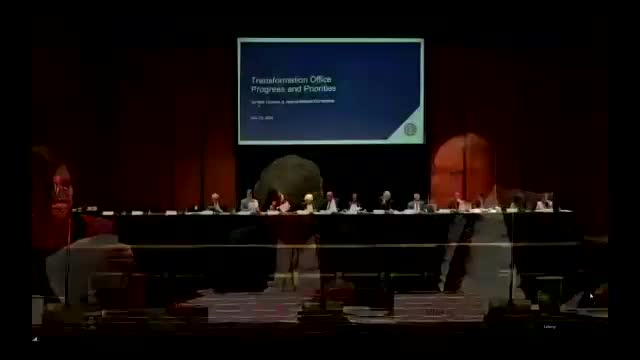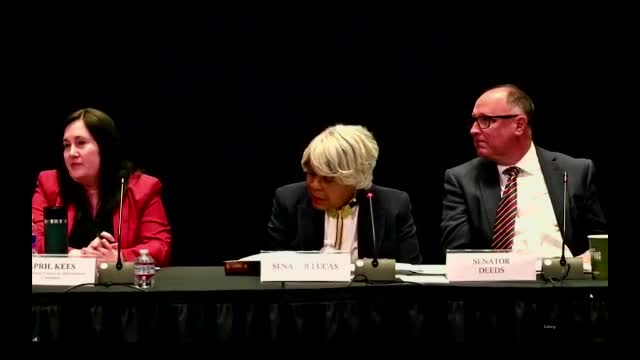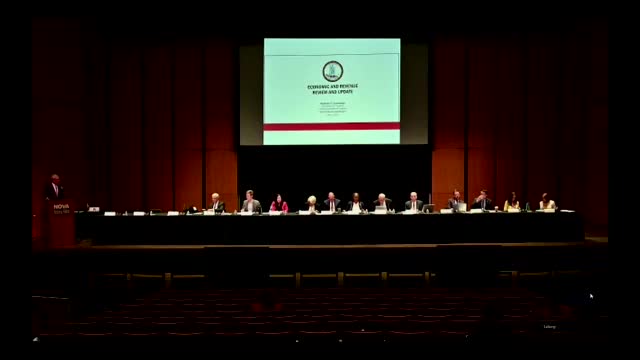Article not found
This article is no longer available. But don't worry—we've gathered other articles that discuss the same topic.

Virginia transformation office speeds HUD disaster grant processing, spotlights Petersburg work and other agency support

Virginia tax department outlines $131 million IRMS replacement, explains conformity and commuter tax rules

